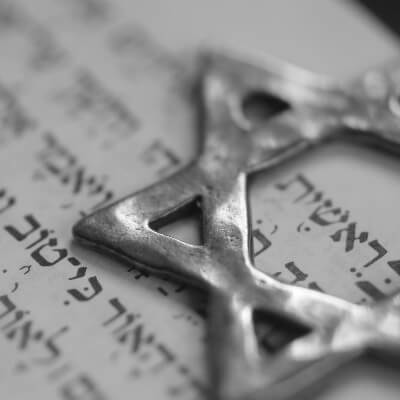There are many ways to invest in the tradition and future of Greenwood House – from outright gifts to pledges, bequests, estate and planned gifts – and each option benefits those we care for.
Charitable gift annuities (CGA) fall into the planned giving category and they provide certain benefits to both Greenwood House and the donor. Many consider the charitable gift annuity to be relatively simple and affordable.
A charitable gift annuity is described generally as a transaction in which an individual transfers cash or assets to a charitable organization in exchange for the charity’s binding promise to make fixed annuity payments to one or two life annuitants. Payments to the donor become part of the organization’s general obligations and are fully backed by the assets of the charitable organization.
Greenwood House, like virtually all charities that issue CGAs, follows the guidelines of the trade association, the American Council on Gift Annuities (ACGA), which sets rates periodically, most recently July 2020.
The rate of return is dependent upon your age as well as single or double annuitant status and is set by the ACGA. Many donors report that one of the factors that led them to make a CGA, in addition to the philanthropic impact, is that the payments back can be higher than a return on low-earning securities or CDs.
“As soon as I heard that Greenwood House enabled the option of a charitable gift annuity, I knew it was something I wanted to do in addition to my annual membership gifts,” says Donald Barrack . “For the past 18 years, I’ve been getting quarterly checks and have the satisfaction of knowing I’m also making a difference to an organization that means so much to our family.”
How It Works:
• As a donor, you transfer cash or securities to Greenwood House.
• Greenwood House pays you, or up to two annuitants, fixed income for life.
• The remaining funds pass to the association when the contract ends.
Benefits:
• Immediate income tax deduction for a portion of your gift.
• Annuity payments are guaranteed for life, backed by a reserve and the assets of Greenwood House.
• Annuity payments are partially tax-free.
• You can have the satisfaction of making a gift now that benefits you and Greenwood House.
Neil Wise, Director of Development at Greenwood House adds, “Donors are increasingly interested in varying their gifts and we are pleased to offer this option. The process is quite simple and streamlined. Interested individuals or families can have confidential discussions with the leadership of our Greenwood House Foundation as well as the firm we have long worked with to execute the agreements.”
Things To Consider About Greenwood House’s Charitable Gift Annuity Program
Planning Points:
- Greenwood House charitable gift annuities are created with a gift of $10,000 or more.
- Gift annuities bring the benefits of a life-income gift into reach for many donors.
- Gift annuities can make payments to a maximum of two people.
- Gift annuity rates are partly determined by the age of the beneficiary.
- Gift annuities to Greenwood House can be made beginning at age 60 with payouts beginning at age 65.
Is a Gift Annuity Right for You? It Could Be, If:
- You want to make a significant gift to Greenwood House and receive lifetime payments.
- You want to lower your income tax on payments made toward your planned gift.
- You want the comfort and security of payment amounts that won’t fluctuate during your lifetime.
- You appreciate the oversight and mission of Greenwood House.
- Supplemental income that you can’t outlive appeals to you.
Gift Annuities Offer Some Tax Benefits:
- Federal income tax deduction for a portion of your gift, based on the full value of the assets you contribute minus the present value of the life-income interest you retain.
- If you fund your charitable gift annuity with appreciated securities, naming yourself as beneficiary, no capital gains tax is due on the transfer. Only a portion of your capital gains will be reportable, and the tax will be spread over your annuity payments.
- Part of each annuity payment will be treated as a tax-free return of your principal. This effectively increases the yield from your annuity over your life expectancy.
- A gift annuity can start payments once you have made your contribution (an immediate payment gift annuity), or payments can begin at a later date selected by you (a deferred payment gift annuity). Deferral entitles you to a higher annuity rate and generates a larger charitable deduction.
*This information is not qualified as financial advice for the purposes of individual tax implications. Please consult your tax advisor with specific questions pertaining to tax impact. Schedule a discreet call with our team by contacting Neil Wise at (609) 883-9014.
VISIT GREENWOOD HOUSE TODAY

Engaging Lifestyle

Kosher style Dining

